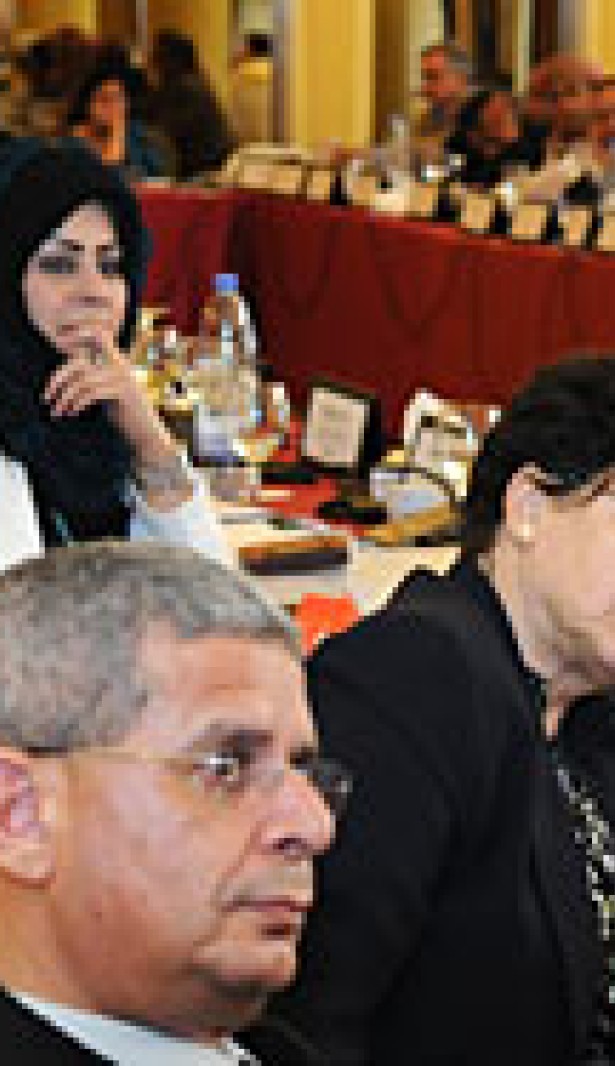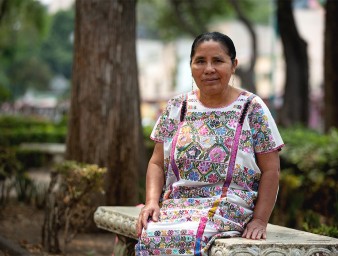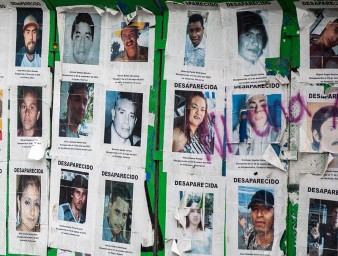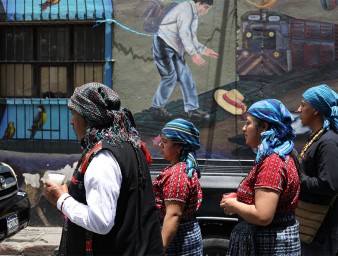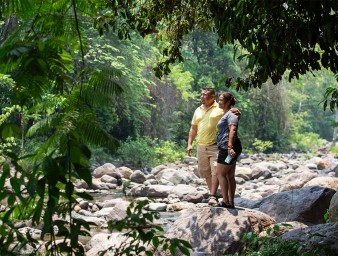Freedom of expression, association and peaceful assembly
07 June 2012
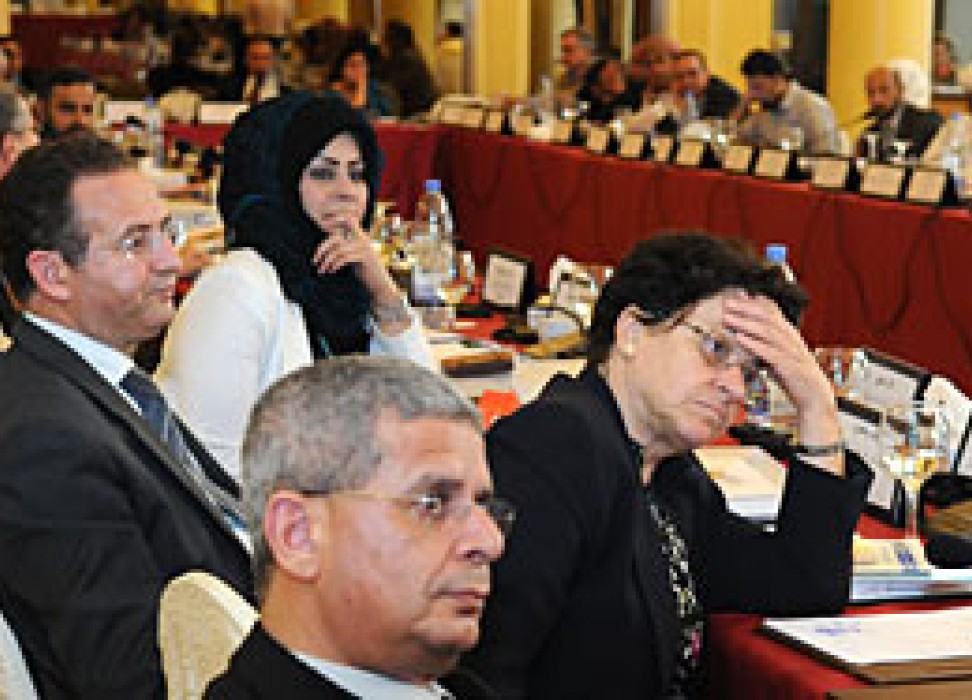
"Where I come from, freedom of expression is a rare commodity. There are many restrictions on what we read, what we see and where we get our information from, and many websites are actually firewalled, to prevent us from accessing them."
These comments were made by one of the activists attending a recent conference attended by around 70 human rights advocates, journalists, trade unionists and government representatives from the Arab region meeting to agree on national frameworks of cooperation to remove policy and legislative restrictions on the rights to freedom of expression, association, and peaceful assembly.
Another activist said that in his country the violations of the right to freedom of expression have included military trials of protesters and bloggers, interrogations of journalists and activists for criticizing the military, the suspension of new satellite television licenses, and the closure of an outlet of an international television station.
Fateh Azzam, the Middle East Regional Representative of the UN Human Rights Office, said that governments must listen to their people.
“It is important,” he said, “that the rights of freedom of expression, association and peaceful assembly are respected and protected, otherwise people’s frustrations will reach a boiling point.” Azzam said that the prevailing notion in the Arab region that you need security before freedom has been "the biggest mistake of the region for decades and decades."
He emphasized that civil society has the right to participate in the discussion of public policies, to criticize and offer solutions: "The most important thing is to let people have space to speak and express their views, including to demonstrate for or against policies and practices."
Nada al-Nashef, Regional Director for the International Labor Organization, said that her office has been closely working with the UN Human Rights Office since 2008 to build an alliance between trade unions, media and human rights organizations. "The recent developments in the region are a proof that one cannot build social justice in the absence of fundamental and basic freedoms," Al-Nashef said. "The will of the people is very important. An effective and meaningful participation in the decision-making process and the adoption of dialogue mechanisms are essential to achieve social stability and security."
Kyung-wha Kang, Deputy High Commissioner for Human Rights, in her opening address, to the conference, stressed the importance of robust protection for the rights to freedom of expression, association and peaceful assembly. "These freedoms are not absolute and must be exercised in accordance with the law," she said.
"Restrictions must be exceptional and necessary for the protection of society as a whole," Kang added, "States must find an appropriate balance between this duty to protect, and the responsibility to guarantee freedoms."
The conference was also attended by UN Special Rapporteur on the Situation of Human Rights Defenders, Maragaret Sekggaya who expressed grave concern about the rising number of incidents reported to her, concerning the excessive and often indiscriminate use of force against those exercising their right to freedom of peaceful assembly.
"I have received reports of use of tear gas, live ammunition, rubber bullets, stun grenades and other violent means to disperse peaceful protesters," Sekggaya said. "This conduct violates the Government's responsibility to protect civil society actors, enshrined in the Declaration on Human Rights Defenders."
The event was jointly organized by the Middle East Regional offices of the UN Human Rights Office and the International Labor Organization, and represents the culmination of a multi-year regional program. The UN Human Rights Office had previously organized two workshops for human rights defenders, trade unionists and journalists from 12 countries in the region to raise their awareness of human rights standards and build their capacities for the effective use of the United Nations human rights protection mechanisms.
7 June 2012
